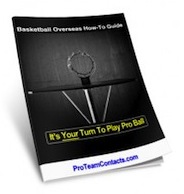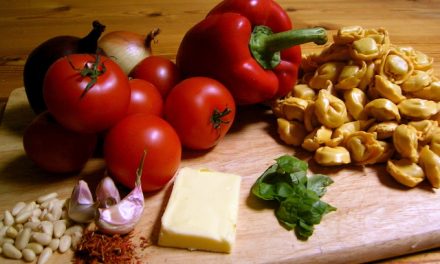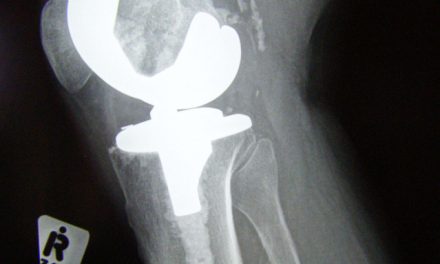Sports Nutrition Myths
Copyright: Gatorade Sports Science Institute
URL: https://www.gssiweb.com
Athletes are always looking for a secret edge against the competition and what an athlete chooses for fuel can help. Because sports nutrition is an evolving area of sports science, it is prone to myths and misconceptions. You’ve probably heard all of these myths, but do you know the real facts?
Sports Nutrition Myths
Myth # 1: Sugar should be avoided before training and competition
Sugar eaten before competition increases blood levels of glucose and insulin, which is not a bad thing. Sugar is a type of carbohydrate. Carbohydrate, whether in food or drink, taken before exercise can improve performance. An athlete who is not fueled is a tired athlete who can’t perform at his or her best.
Myth # 2: Sports drinks are only needed for exercise lasting more than an hour
Sports drinks can be beneficial in activities that last less than one hour, especially if the exercise is intense or occurs in hot, humid conditions. Professional athletes aren’t the only ones who benefit from sports drinks. Competitive athletes who play football, soccer, tennis, field hockey or basketball can benefit from the carbohydrate and electrolytes in sports drinks. Drinking sprots drinks encourages athletes to drink more, which is important sicne dehydration can occur in exercise lasting less than one hour. Using sports drinks is an easy way to improve performance and fight dehydration.
 Myth # 3: Body image distortion is only a women’s issue
Myth # 3: Body image distortion is only a women’s issue
Men are increasingly exposed to super male images–from the bodies of professional wrestlers to the covers of men’s magazines. Men are increasingly dissatisfied with their body’s appearance. Body dysmorphic disorder, the preoccupation with an imagined or slight defect in one’s appearance, is recognized as a psychological disorder. Many coaches and athletes may be unaware that it occurs in both males and females.
Myth # 4: Vitamins and minerals give athletes extra energy
Vitamins and minerals act as co-factors to unlock the chemical energy stored in food, but by themselves they do not give an athlete extra energy. A meal plan rich in grains, vegetables, fruits, meat and dairy give athletes energy. This food is also a vehicle of entry for the vitamins and minerals the body needs to unlock food energy. A multi-vitamin mineral supplement might be necessary for some athletes, but by itself, it will not provide extra energy.
Myth # 5: The ideal ratio of nutrients is 40% carbohydrate, 30% protein and 30% fat
Some diet plans recommend that 40% of energy come from carbohydrate, 30% protein, and 30% fat. Diets with these ratios can be detrimental to performance because they are low in calories and carbohydrates. Research shows a better diet plan for athletes is one that provides roughly 55% to 58% energy from carbohydrate, 12% to 15% protein and 25% to 30% fat.
P.S. Get Fast Basketball Recipes at Athlete Recipes.com








 Your questions have been answered in the definitive guide to Playing Basketball Overseas. Join the newsletter and you will receive the 29 page report that explains how to get started and other tips that I think everyone will enjoy
Your questions have been answered in the definitive guide to Playing Basketball Overseas. Join the newsletter and you will receive the 29 page report that explains how to get started and other tips that I think everyone will enjoy
well..first of all hi..and 10x for this web site..well am a basketball player..am 177 cm and 78 kg..i do weight training and jump training..am tryin to lose all the fat in my body in a way to maximise my fitness level , speed and jumping ability..so how come if am an athlete my diet should be 55 % to 58 % from carbs and 12 % to 15 % protein and 25 to 30 % fat…( 30 % fat thats too much )..as i said am 78 kg thats mean 172 pounds and right now am on a 1800 calories diet..and as a baskeball player i need at least a 1 gram of protein / pound thats equal to 172 gram of proteins each day..thats what i need..and 172 grams of protein = 172 * 4 = 688 calories..thats mean 38 % from my 1800 calories comes from protein..( i only eat like 20 grams of fat each day ) so as u can see..i cant follow these % above..so plz if u can advice me if am wrong or right ? 10x..peace